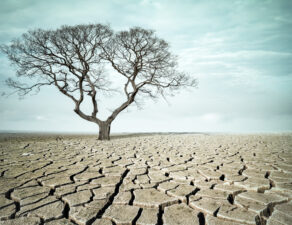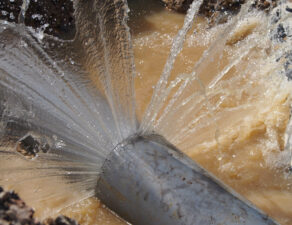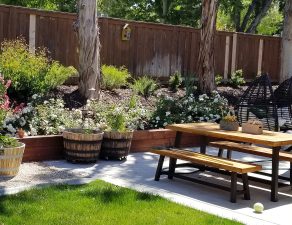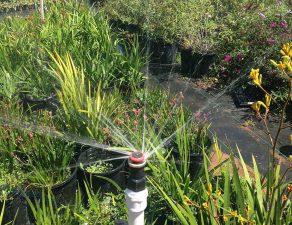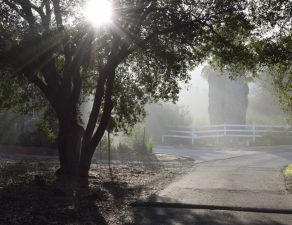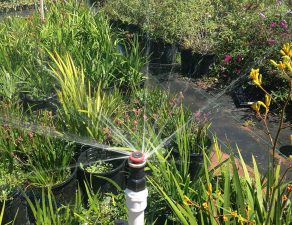
Throughout our recent drought, you might have read or heard the acronym “WUCOLS” quite a lot. What does this stand for, and why do we care?
WUCOLS stands for Water Use Classification of Landscape Species, and it refers to the amount of water required to maintain any particular species of plant used in landscaping. The University of California Davis actually maintains a WUCOLS website that includes a plant search database and downloadable plant lists to aid landscapers in choosing plants appropriate for any landscape’s water needs. Over 3,500 plant groups are identified and analyzed, so that landscapers can make wise choices with regard to water use.
As the website states, “Water conservation is an essential consideration in the design and management of California landscapes. Effective strategies that increase water use efficiency must be identified and implemented. One key strategy when landscaping is to group plants with similar water requirements. By supplying only the amount of water needed to maintain landscape health and appearance, unnecessary applications that exceed plant needs can be avoided. Doing so, however, requires some knowledge of plant water needs.”
The database assigns a classification to each plant on the list, based on its water needs: Very low, low, medium, and high. Classifications are specific to California, and even to individual regions of the state, based on how much water each plant can be expected to require in a particular environment.
Examining the WUCOLS list will help you to choose plants based on your own preferences for lowering your water bill or the time spent maintaining your landscape. You will also be able to group plants with similar needs, so that each is more likely to thrive. But the list can also help all of us to lower the environmental impact of our choices, and prevent future droughts from getting out of control.
For more help with designing your landscape to promote responsible water use, give us a call. We will discuss your goals and then create a plan to limit your need for irrigation, ensure healthier, thriving plants, and support your community in years to come.

